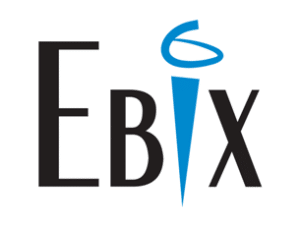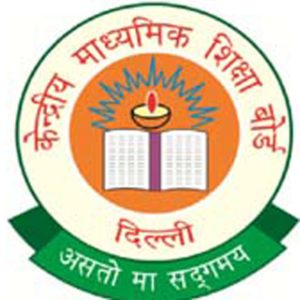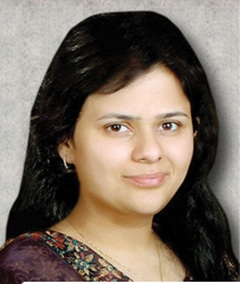 CiTech goes beyond carving employable students through quality academia to act as a platform that recognises their strengths and weaknesses, writes DK Mohan, Educationist, Philanthropist and Chairman, Cambridge Institute of Technology (CiTech), for Elets News Network (ENN).
CiTech goes beyond carving employable students through quality academia to act as a platform that recognises their strengths and weaknesses, writes DK Mohan, Educationist, Philanthropist and Chairman, Cambridge Institute of Technology (CiTech), for Elets News Network (ENN).
With the long ventilated gap existing between industry and academia incessantly being on the rise, most of the technical institutions in our subcontinent are busy creating “employable engineers”, ignoring a simple logic: the need for entrepreneurs to employ them, world class scientists to take the innovations forward, and ameliorating the standard of social living in a collaborative manner.
But it’s no time to surrender. The technical institutions, such as Cambridge Institute of Technology (CiTech), are rebelling these engineermaking factories with a broad objective of surging society’s standard of living through world-class education.
Accredited by NAAC and NBA, ISO Certified, and approved by the AICTE and affiliated to Visvesvaraya Technological University (VTU), CiTech goes beyond carving employable students through quality academia to act as a platform that recognises their strengths and weaknesses, imparts personalised and specific training throughout the academic days, and eventually builds entrepreneurs, scientists and even artists out of them.
Cambridge Institute of Technology was awarded as the “Best Emerging College South India” by ASSOCHAM for the year 2017’. CiTech has six R&D departments for each engineering disciplines in the campus; no wonder its pedagogy paradigm—which is a perfect amalgamation of creative R&D efforts, technology leverage, and scientific learning process—goes beyond four walls of the classroom.
Over the years, this ISO 9001:2008 Certified institution’s R&D departments have hosted many novel concepts, including public and private cloud creation projects — and recently completed IoT projects, designed and developed by students for in-house use through smartphones.
While the scientific and creative engagement with students help in mitigating the ‘learningphobia’, getting them acquainted with the industry is the next step of learning process in Cambridge.
Thus, besides periodic industrial visits, we expose our students to additional in-house handson training led by industry professionals, and in turn give them much wider perspectives with an aim to mold at least 10 per cent of our graduates as entrepreneurs.
Looking forward to become autonomous in the near future, the institute’s infrastructure facilities are built accordingly, matching the world-class standards. Separate hostels for boys and girls that meet the international standards are located inside the campus with tight security measures and facilities like 24×7 clinic and doctors, counseling centre, yoga centre and cafeteria.
“While the scientific and creative engagement with students helps in mitigating the ‘learning-phobia’, getting them acquainted with the industry is the next step of learning process in Cambridge.“
We have awarded with NAAC and NBA accreditations and are looking forward to become autonomous within a couple of years, and a private deemed university within five years. We have completed 40 acres of land acquisition in the outskirts of Bengaluru for this.
Cambridge has a high-functioning Department of HRD (Training and Placement) which caters to the placement and industry oriented training right from the first semester and the result is that more than 50 organisations including Capgemini, Tech Mahindra, NTT Data, Lowes, IBM, HCL, SASMOS, etc., are inducting candidates from the institute every year.
Tying up with more companies en route to the private university status, Cambridge Institute of Technology is one of the country’s best emerging institutes to carve a meaningful future.


































